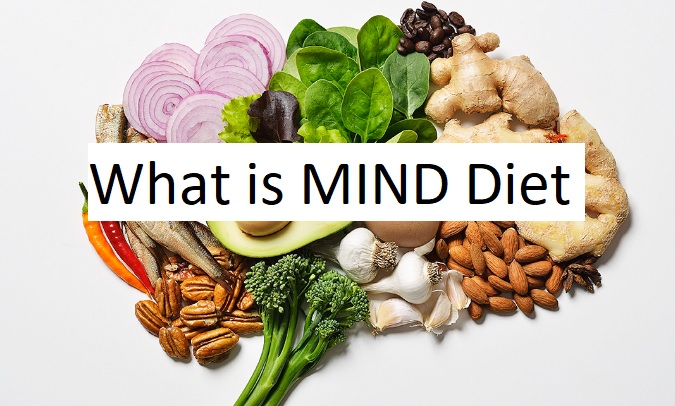The MIND Diet, short for the Mediterranean-DASH Diet Intervention for Neurodegenerative Delay, is a dietary pattern designed to promote brain health and reduce the risk of cognitive decline and neurodegenerative diseases such as Alzheimer’s disease. Developed by researchers at Rush University Medical Center, the MIND Diet combines aspects of the Mediterranean and DASH (Dietary Approaches to Stop Hypertension) diets, focusing on foods that are beneficial for the brain. In this article, we will delve into the principles, benefits, and key features of the MIND Diet.
Principles of the MIND Diet:
The MIND Diet is based on the following principles:
- Emphasis on brain-healthy foods: The diet emphasizes foods that are rich in nutrients believed to promote brain health. These include leafy green vegetables, berries, nuts, whole grains, fish, poultry, and olive oil.
- Specific food groups to limit: The MIND Diet suggests limiting the consumption of red meat, butter and stick margarine, cheese, pastries and sweets, and fried or fast food. These food groups are recognized as potentially detrimental to brain health.
- Regular consumption of specific foods: The Diet recommends regular consumption of specific foods known to be beneficial for the brain, such as berries (particularly blueberries), leafy green vegetables, nuts, beans, whole grains, fish, poultry, and olive oil.
Benefits of the MIND Diet:
The MIND Diet offers several potential benefits for brain health:
- Reduced risk of cognitive decline: The MIND Diet is associated with a reduced risk of cognitive decline and neurodegenerative diseases such as Alzheimer’s disease. The emphasis on brain-healthy foods and the avoidance of potentially harmful foods contribute to this benefit.
- Nutrient-rich and anti-inflammatory: The diet focuses on nutrient-dense foods that provide essential vitamins, minerals, Antioxidants, and healthy fats. These components support brain health and help reduce Inflammation, which is believed to play a role in neurodegenerative diseases.
- Heart-healthy: The Diet shares similarities with the Mediterranean and DASH diets, both of which are associated with improved heart health. By promoting a heart-healthy eating pattern, the Diet indirectly supports brain health, as cardiovascular health is closely linked to brain health.
- Sustainable and flexible: The Diet is relatively flexible and adaptable to various dietary preferences. It does not require strict adherence or elimination of entire food groups, making it easier to follow and maintain in the long term.
Key Features of the MIND Diet:
Here are some key features of the MIND Diet:
- Emphasis on specific foods: The diet places a strong emphasis on consuming specific foods that are believed to benefit brain health, including leafy green vegetables, berries, nuts, whole grains, fish, and olive oil.
- Moderation of potentially harmful foods: While the Diet suggests limiting certain food groups, it does not require complete elimination. Red meat, butter and stick margarine, cheese, pastries and sweets, and fried or fast food should be consumed in moderation.
- Flexibility and customization: The Diet allows for flexibility and customization based on personal preferences and dietary needs. It can be adapted to fit different cultural cuisines and individual lifestyles.
- Combination of Mediterranean and DASH diets: The MIND Diet draws inspiration from the Mediterranean and DASH diets, incorporating their healthful components and adapting them to focus specifically on brain health.
The MIND Diet is a dietary pattern that prioritizes brain-healthy foods while limiting potentially detrimental ones. By incorporating nutrient-rich foods, antioxidants, healthy fats, and minimizing processed and unhealthy choices, the Diet aims to promote brain health and reduce the risk of cognitive decline. While further research is needed to fully understand the diet’s impact on brain health, early studies suggest promising results. As with any dietary approach, it is important to consult with a healthcare professional or registered dietitian before making significant changes to your diet. Remember, a holistic approach to brain health includes not only a nourishing diet but also regular physical activity, mental stimulation, and social engagement.
